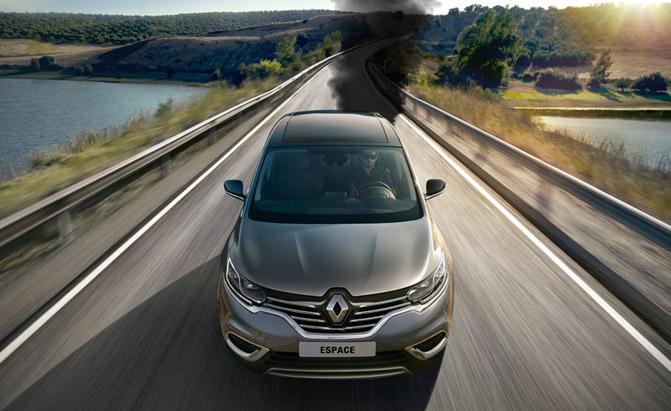As more drivers want fuel-efficient cars, the automotive sector is undergoing rapid transformation. The drive towards reduced fuel usage goes beyond just ecological considerations, it represents a smart move to meet increasing customer needs for more cost-effective vehicles. This evolving trend is changing the automotive industry, showcasing a commitment to both environmental sustainability and financial prudence.
Cutting-Edge Fuel Efficiency Technologies
Contemporary vehicles represent an engineering feat, using different tech to make cars use less fuel. A notable development is seen in engine technology, where innovations such as turbocharging and direct fuel injection have transformed conventional powertrains. These innovations enable compact engines to generate greater power with reduced fuel consumption, finding the best mix of performance and gas mileage.
Aerodynamics also plays an integral part in lowering fuel consumption. Streamlined vehicle designs and active aerodynamic features, like adjustable spoilers and grille shutters, minimize air resistance, thus enhancing fuel efficiency. Tesla Model S’ impressively low drag coefficient illustrates how aerodynamic design can drastically decrease energy consumption.
The shift towards lighter materials marks a significant turning point in automotive design. Replacing conventional steel with lighter alternatives such as aluminium and carbon fibre, car manufacturers have achieved notable reductions in vehicle mass. This decrease in weight directly contributes to enhanced fuel efficiency. A notable illustration of this innovative approach is the BMW i series, which extensively incorporates carbon fiber in its construction.
Hybrid and Electric Vehicles: The Future of Motoring
In the journey towards sustainable transport, vehicles combining electric and traditional propulsion systems, along with those solely powered by electricity, have rapidly taken a forefront position. Cars like the Toyota Prius demonstrate this approach by combining a gasoline engine and electric motor, cutting fuel usage and emissions significantly. However, fully electric vehicles such as the Nissan Leaf and Chevrolet Bolt go even further by completely getting rid of gas for travel, marking an era without emissions producing transportation systems.
Swift progress in battery technology, resulting in extended driving ranges and reduced charging durations, is speeding up how quickly people choose electric cars. The expansion of charging infrastructure and governmental incentives are also bolstering this movement, making electric vehicles a more feasible and appealing choice.
The Role of Software and Telematics
Apart from advancements in hardware, software and telematics are key in enhancing fuel efficiency. Advanced software algorithms are instrumental in regulating engine operations, adjusting transmission, and even managing supplementary systems such as air conditioning to optimize efficiency.
Telematics systems add an extra dimension to improving efficiency. By supplying immediate insights into vehicle functioning and driver behaviour, these systems help drivers change how they drive to achieve better fuel efficiency. Additionally, sophisticated route planning functionalities take into account factors like traffic and landscape to recommend the most fuel-saving pathways.
Technology Beyond the Automotive World
Adopting technology to improve efficiency isn’t just about cars. For instance, digital entertainment uses smart route planning features and machine learning techniques to tailor gaming experiences specifically to individual preferences, similar to how smart cars customize driving experiences for each passenger. In the realm of digital entertainment, platforms that offer casino online are leveraging cutting-edge technologies to provide highly interactive and personalized gaming experiences. As with traditional forms of entertainment such as live performances, advanced sound and lighting technologies are being deployed to enhance audience experiences.





